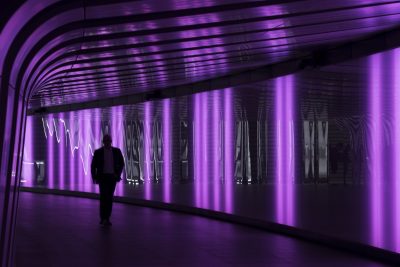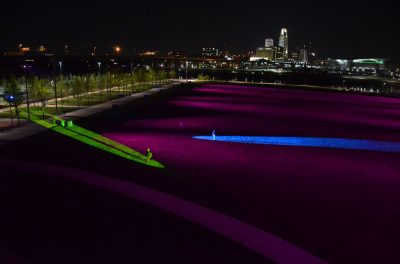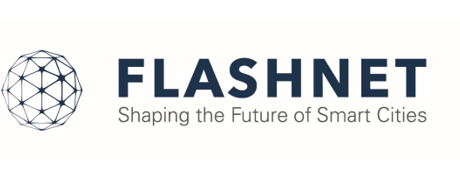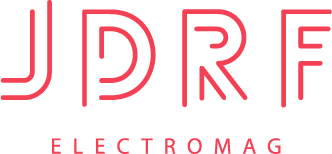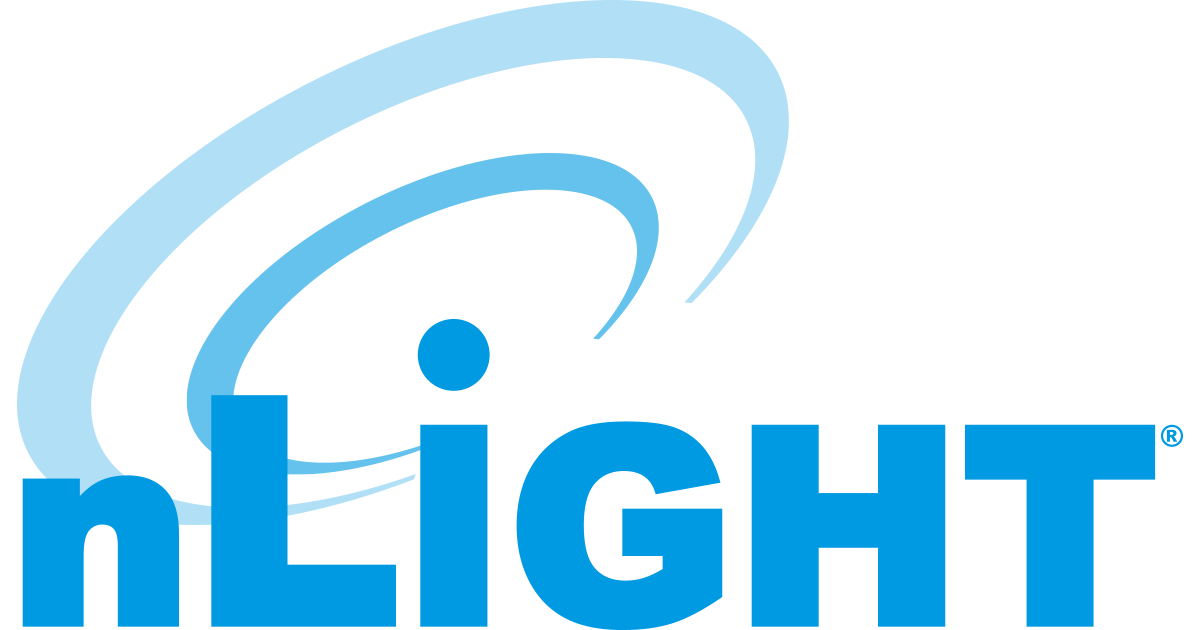The Lighting Control Innovation Award was created in 2011 as part of the Illuminating Engineering Society’s Illumination Awards program, which recognizes professionalism, ingenuity and originality in lighting design. LCA is proud to sponsor the Lighting Control Innovation Award, which recognizes projects that exemplify the effective use of lighting controls in nonresidential applications. This month, we [...]
The Lighting Control Innovation Award was created in 2011 as part of the Illuminating Engineering Society’s Illumination Awards program, which recognizes professionalism, ingenuity and originality in lighting design. LCA is proud to sponsor the Lighting Control Innovation Award, which recognizes projects that exemplify the effective use of lighting controls in nonresidential applications. This month, we [...]
The Lighting Control Innovation Award was created in 2011 as part of the Illuminating Engineering Society’s Illumination Awards program, which recognizes professionalism, ingenuity and originality in lighting design. LCA is proud to sponsor the Lighting Control Innovation Award, which recognizes projects that exemplify the effective use of lighting controls in nonresidential applications. This month, we [...]
The Lighting Control Innovation Award was created in 2011 as part of the Illuminating Engineering Society’s Illumination Awards program, which recognizes professionalism, ingenuity and originality in lighting design. LCA is proud to sponsor the Lighting Control Innovation Award, which recognizes projects that exemplify the effective use of lighting controls in nonresidential applications. This month, we [...]
The Illuminating Engineering Society is now accepting submissions for the 2017 Illumination Awards, including the Lighting Control Innovation Award sponsored by the Lighting Controls Association. The deadline for submissions is February 17, 2017. The entry fee is $125 per project. Click here to see past winners. Click here to learn more.
The Lighting Control Innovation Award was created in 2011 as part of the Illuminating Engineering Society’s Illumination Awards program, which recognizes professionalism, ingenuity and originality in lighting design. LCA is proud to sponsor the Lighting Control Innovation Award, which recognizes projects that exemplify the effective use of lighting controls in nonresidential applications. This month, we [...]
The Lighting Control Innovation Award was created in 2011 as part of the Illuminating Engineering Society’s Illumination Awards program, which recognizes professionalism, ingenuity and originality in lighting design. LCA is proud to sponsor the Lighting Control Innovation Award, which recognizes projects that exemplify the effective use of lighting controls in nonresidential applications. This month, we [...]
The Lighting Control Innovation Award was created in 2011 as part of the Illuminating Engineering Society’s Illumination Awards program, which recognizes professionalism, ingenuity and originality in lighting design. LCA is proud to sponsor the Lighting Control Innovation Award, which recognizes projects that exemplify the effective use of lighting controls in nonresidential applications. This month, we [...]
The Lighting Control Innovation Award was created in 2011 as part of the Illuminating Engineering Society’s Illumination Awards program, which recognizes professionalism, ingenuity and originality in lighting design. LCA is proud to sponsor the Lighting Control Innovation Award, which recognizes projects that exemplify the effective use of lighting controls in nonresidential applications. This month, we [...]
The Lighting Control Innovation Award was created in 2011 as part of the Illuminating Engineering Society’s Illumination Awards program, which recognizes professionalism, ingenuity and originality in lighting design. LCA is proud to sponsor the Lighting Control Innovation Award, which recognizes projects that exemplify the effective use of lighting controls in nonresidential applications. This month, we [...]
The Lighting Controls Association is pleased to announce the winners of the 2011 Lighting Control Innovation Award. The Lighting Control Innovation Award was created in 2011 as part of the Illuminating Engineering Society’s Illumination Awards program, which recognizes professionalism, ingenuity and originality in lighting design. LCA is proud to sponsor the Lighting Control Innovation Award, [...]
Streamlining Lighting Controls Design: Introducing Design Express
10/09/2025As lighting control systems become more sophisticated to satisfy increasingly stringent energy codes and evolving project demands, clear documentation has become even more essential. To address this need, the Lighting Controls Academy developed Design Express.
Back to School—with Lighting Controls
09/19/2025The primary legacy source for general lighting in most school spaces is fluorescent. These can be replaced by LED products for 20 to 60 percent energy savings, greater longevity, controllability, and improved quality of light. A lighting upgrade is the ideal time to install advanced lighting controls to enhance energy savings and flexibility in light levels and color.
Lighting Controls Academy’s Controls Intent Narrative (CIN)/Sequence of Operations (SOO) Templates: Design Express
09/18/2025In the world of building projects, the Control Intent Narrative (CIN) and Sequence of Operations (SOO) have long been essential and elusive. They define how a lighting control system will function, but too often they arrive late in the process (or not at all), are inconsistent from one project to the next, and are misaligned with energy codes or industry standards. The Lighting Controls Academy set out to change this dynamic with a new resource: Design Express.
Lighting Tech Trends That Went Dark—And the Ones Still Burning Bright
09/15/2025In this guest post by Current’s Scott Ziegenfus, he talks about the lighting trends that faded and the ones still going strong.
Decoding California’s Title 24, Part 6
08/25/2025Commercial building energy codes regulate the design of nonresidential buildings to minimize energy consumption. While the majority of U.S. states adopt model codes and standards, the State of California developed its own code: Title 24, Part 6 of the state’s Building Standards Code. The latest version was released in 2025 and will take effect January 1, 2026.
Lutron’s Chris Udall Talks Wireless Lighting Controls
08/22/2025“The future of commercial lighting is wireless,” writes Lutron’s Chris Udall. “As control systems evolve, smart wireless solutions are redefining what’s possible.”
LED-to-LED Upgrades: Emerging Well of Opportunity?
07/25/2025As the market for replacing traditional light sources with LED becomes more challenging, a new market is developing around upgrade of early-generation LED installations. This presents an opportunity to achieve greater energy savings, enhance lighting quality, and integrate advanced lighting controls. Supported by a small number of new commercial lighting rebates that are likely to expand in availability, this trend appears certain to grow.
Steve Mesh: Thinking Through the Process of Sizing an NLC System
07/16/2025If you are new to the world of networked lighting controls (NLCs), how do you figure out which solution may be the best for your project among the vast number of control solutions available? There are certain things you can think about to help narrow your search for a system that will meet your needs.
Guidance for Lighting-HVAC Integration
06/25/2025In February 2025, the DesignLights Consortium (DLC) released a new resource to facilitate integration between networked lighting controls (NLC) and heating, ventilation, and air-conditioning (HVAC) systems. The NLC-HVAC Integration Toolkit includes tools and guidance applicable to new and existing construction projects. The toolkit’s goal is to support maximized energy savings with integration by ensuring clear project team communication.
Startup (Commissioning) for Networked Lighting Controls
06/06/2025Networked lighting control systems play a crucial role in optimizing lighting energy use, enhancing occupant comfort, and interacting with building automation systems (BAS). However, simply installing a lighting control system does not guarantee it will function as intended. This is where a startup comes into play.

